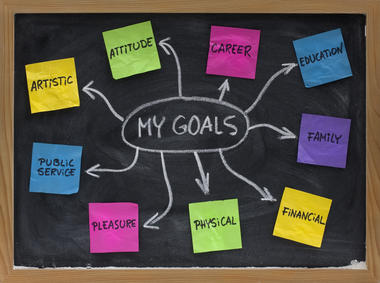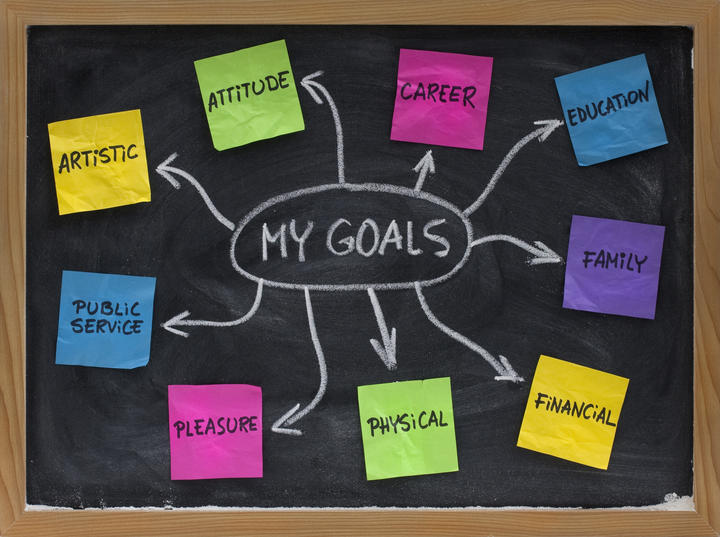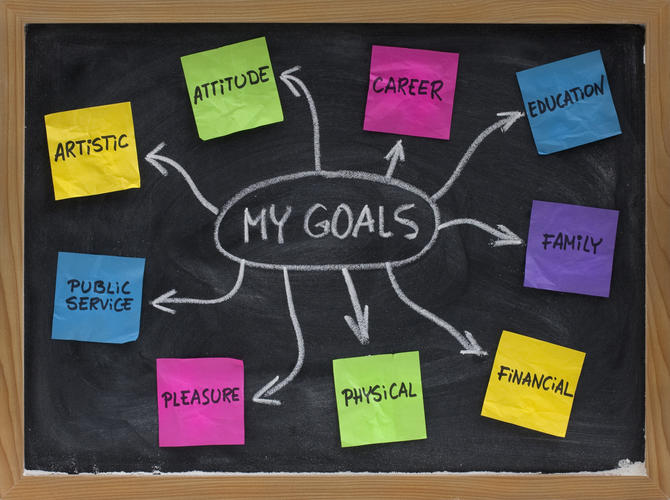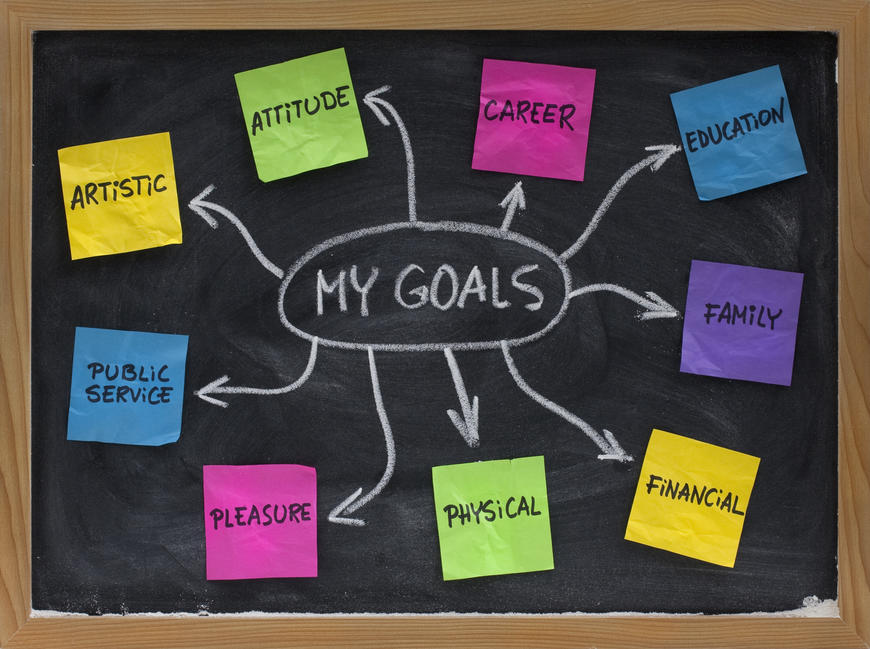



Setting goals seem to be an easy thing. We all have certain ideas about what we want to be or achieve in our lives. It is much harder to find the way to realize these ideas. This is what most of us consider to be essential. Although, we miss the essential at the very beginning while setting the goal. According to Dave Ellis, the goals can be divided into two types: vague and specific (Ellis 71). The vague goals are harder to achieve, as it becomes more difficult to identify the ways of their achievement. A goal should be real and concrete so that you could actually see the outcome (Ellis 71). In this case, it will simplify the process in general.
For me, this was totally new but very useful information. I have never thought before that setting a goal was such an important part of its achieving. I just got a new idea, analyzed it, made sure that it could be useful for my job or my life, and started realizing it, even without planning a lot. Now, when I started my studies in college, I tried out this new system of setting and achieving the goals.
First of all, I need to precise that all my present goals are connected to my studies. As a long-term goal, I identified getting a Masters degree, with honors by 2023. It all started with a vague goal that I need to experience college learning and get a higher education. However, without specifying, it looked more like a new adventure, as I actually do not need this education to earn my life or find myself, because I already passed this period in my life. Now I know that I have to get not just a good education but a Masters degree till a certain time, which will serve as proof of my personal development.




Attached file: Setting and Achieving Goals. Memory Techniques.docx
Click download to get access to a full version of the paper
My mid-term goal is to undertake an internship in a big company. For the moment, it seems quite a challenge for me, because most of the companies would like to see energetic young people in their offices, who would keep their business “alive” by fresh ideas. That is why the knowledge I get should be on a high level. In this case, I will be able to compete with the other young candidates.
Finally, my short-term goal is to write a research work and have it published in an academic periodical of our University. I came up with this idea while thinking about how I can see the results of my studies, and find out if they are really necessary for me. I decided that a published research work will be good proof of the fact that I chose the right education.
Once the goals are set, it is time to find the ways how to achieve them in time. The first strategy that I will use to avoid procrastination is using the monthly calendar (Toft 28). Writing down the things that are to be done will encourage doing them on time. Besides, it is a good tool that shows your progress, whether you are moving to your goal according to the plan or not. You can actually see if any changes are needed.
One of the hardest things in any affair is getting started, at least in my case. That is why the strategy of tricking yourself into doing something should come in handy (Ellis 86). People tend to postpone things they do not want but have to do. If you convince yourself that you will, at least, start and proceed for 10 minutes any affair, you will not even notice how it absorbs all your attention, and you may even finish it here and now, without any delays. In my opinion, this strategy is really worth trying.
One more useful way to avoid procrastination that is tightly connected to the previous one is letting feelings follow the action (Ellis 86). The main principle here is that action generates motivation. It means that there is no need to wait for a good moment or inspiration to start doing something, as the desire to continue appears just after the beginning.
The process of studying is impossible without memorization. Dave Ellis worked out 20 techniques that help to improve your memory skills.




One of the memory techniques that work best for me is being selective (Ellis 106). Great life experience taught me not to keep all the information in my mind. If I need to memorize a big part of the information, I usually define the essential one that becomes the key point, out of which I can develop m answer later.
Another memory technique that I use a lot is reciting and repeating (Ellis 108). Pronouncing the things aloud is really more effective than doing it silently. Moreover, if you not just recite but explain the information to someone else, it will increase the chances for better memorizing (Ellis 111).
I also noticed that the effectiveness of my memory is higher when I learn something making a regular break, at least every 2 hours. The brain needs to have a rest from time to time and be distracted in order to renew its energy (Ellis 109-110).
One more good technique that always helps me is visualization (Ellis 107). Sometimes, to recall the necessary information I just need to remember how the page with this information looked like that gives me a hint on the points I need. It came in handy when I wrote the exams at school or made reports at work.
A very interesting method that I have recently discovered for myself is called “Memory Palace”. It is used for remembering facts, numbers or other things, like a shopping list. It consists in imagining a familiar location where you can store mental images of the things that you need to memorize. The effectiveness of this technique is proved by many memory champions and is worth trying (Sprouts).
Despite such a big number of methods for memorizing the information, they seem not to be that useful nowadays. In the age of technology, people tend to rely more on their Smartphones and the Internet. The information became generally accessible 24-hours a day. You do not have to go to the library to find something out, all you need is to type your question into the address bar of a search system, and the rest will be done for you. However, there remain circumstances when you are not allowed or just have no possibility to use the Internet. In such cases, it is only your memory that can help. While preparing for the exams you have no other choice but remember staff, unless you are ready to cheat and use some extra notes. Though in this case, there will be no use of such studies, as you will learn nothing.
In the places where there is no connection to the Internet, it is only your memory that can help you out. You never know when technology may fail you, while you can be sure that the things that are already in your memory will never disappear.